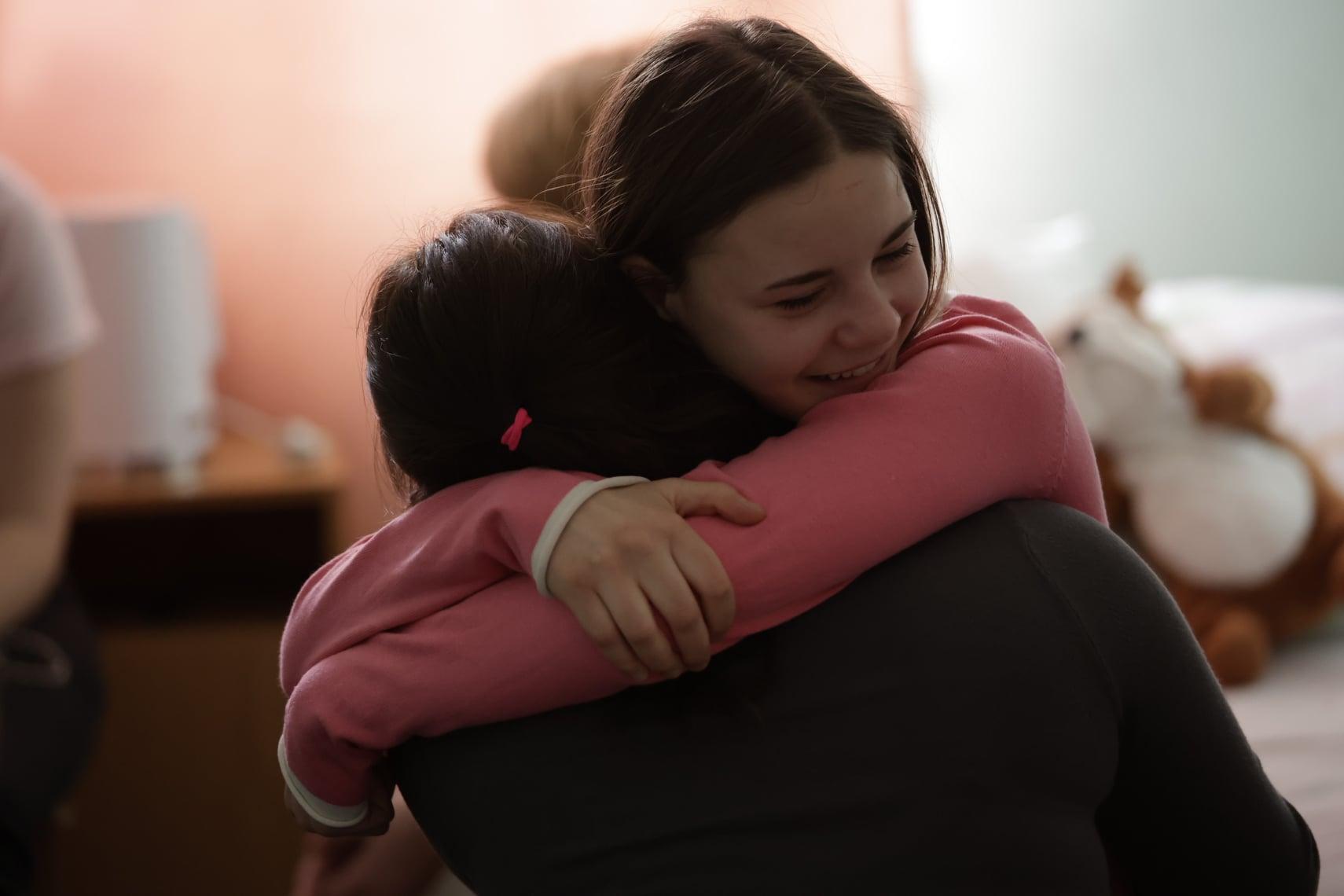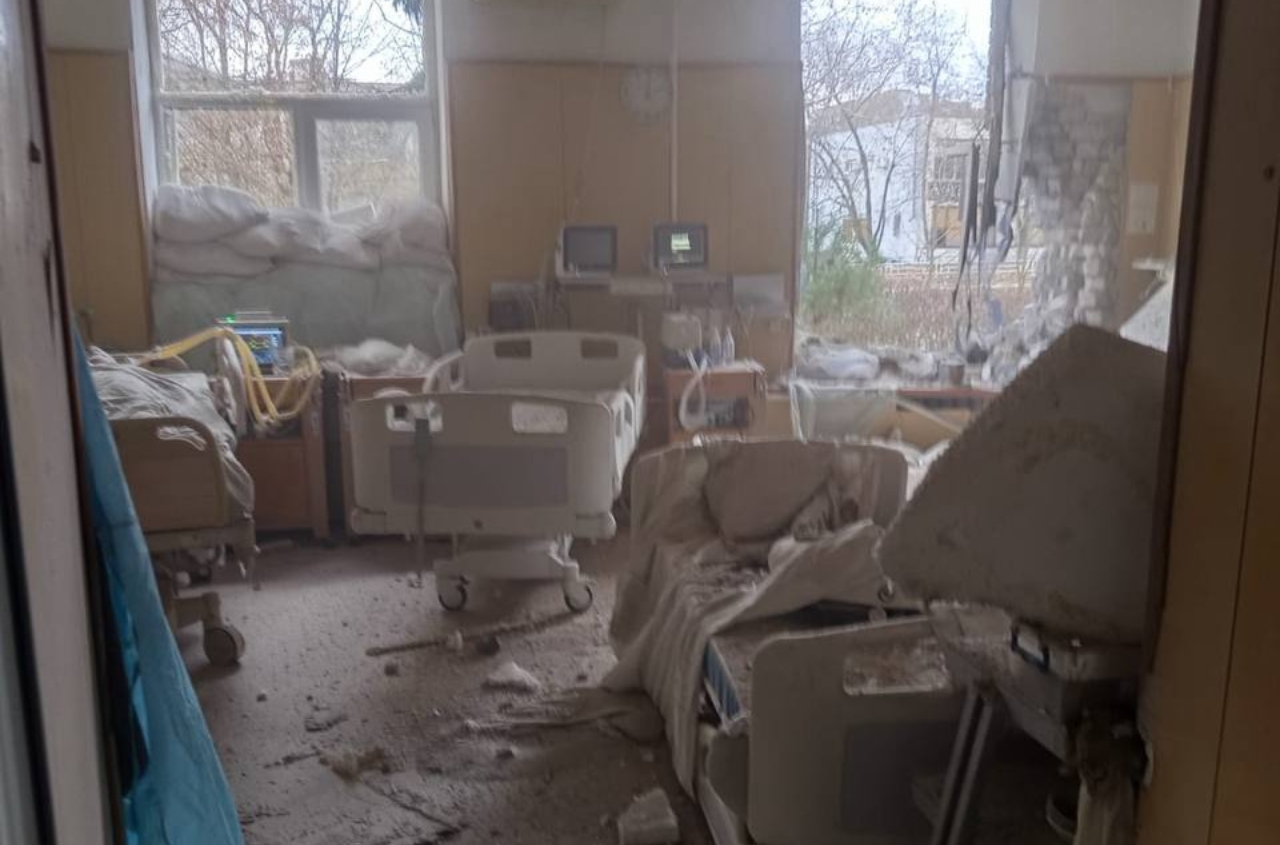75% of Ukrainian parents say that their children show symptoms of mental trauma. The most common one is the so-called “emotional swingâ€. Also, one in five children has a sleep disorder, one in ten has a reduced desire to communicate, nightmares and memory loss. This is data from the new Gradus Research survey among 784 Ukrainian citizens aged 18-64 who have children under 18 years.

Psychologists recommend talking to children about war, giving names to things and discussing the causes of actions. Two-thirds of parents had a direct conversation with their child about the war. The rest consider their children either too young for such a conversation (more often it applies to children under 9 years old) or already adults, understanding everything themselves (this often applies to children over 14 years old).

“75% of children having post-traumatic stress disorder — it’s a very high rate. There are far fewer children who have actually experienced hostilities. However, children are most sensitive to the condition of important adults around them. Stressed parents or grandparents have the same impact on a child’s deteriorating psychological condition as events in the country. So, as they say in airplanes, you should first put on a protective mask on yourself, and then on the child,†— founder and CEO of Gradus Research Eugeniya Blyznyuk says.
A quarter of children needed medical care during the war. 40% of them could not get it — due to lack of relevant medical specialists or hospitals nearby. Lack of psychological support is among the top needs identified by Ukrainian parents. But 79% of respondents said they did not have something that children desperately needed and could not get.
The vast majority of Ukrainians of school age continue to study distantly, but 66% of respondents said that the quality of the educational process has deteriorated significantly. The establishment of the educational process is the greatest need of Ukrainian children, their parents believe. It’s followed by the need for clothing/footwear and for school accessories.

More than half of the respondents were not working at the moment, and family income has decreased. 55% of the respondents stayed in the place of permanent residence, but the figure varies significantly by region: in the West, 77% stayed at home, while in the East — only 25% of respondents. According to UNICEF, half of the 7.5 million Ukrainian children have been forced to relocate, and 2 million have left Ukraine. It’s the largest mass displacement of minors since World War II.
Children have always been at the heart of the efforts and hopes of Ukrainians. A better life for them is one of the main motivators, helping Ukrainians to endure all crises and build their future. This is data from the Gradus Research survey in the summer of 2021, on the 30th anniversary of Ukraine’s independence. However, the war radically changed the context of research. Gradus Research presented the results of the children in war survey at the workshop “Protecting Children in Urban Conflict in Ukraineâ€, organized by Save the Children UK.
More data from this poll is here: https://gradus.app/documents/211/Children_Report_Gradus_28042022.pdf.
The survey was conducted by Gradus using a nationally representative sample of 784 Ukrainian adult citizens (1,179 Ukrainian children covered).
Method — self-administered questionnaire in the mobile application.
The sample was weighted according to gender, age, region, settlement size for 18-60 y.o.
Ukrainians living in towns with population 50K and more.
Date of the poll — April 26-27, 2022.




















